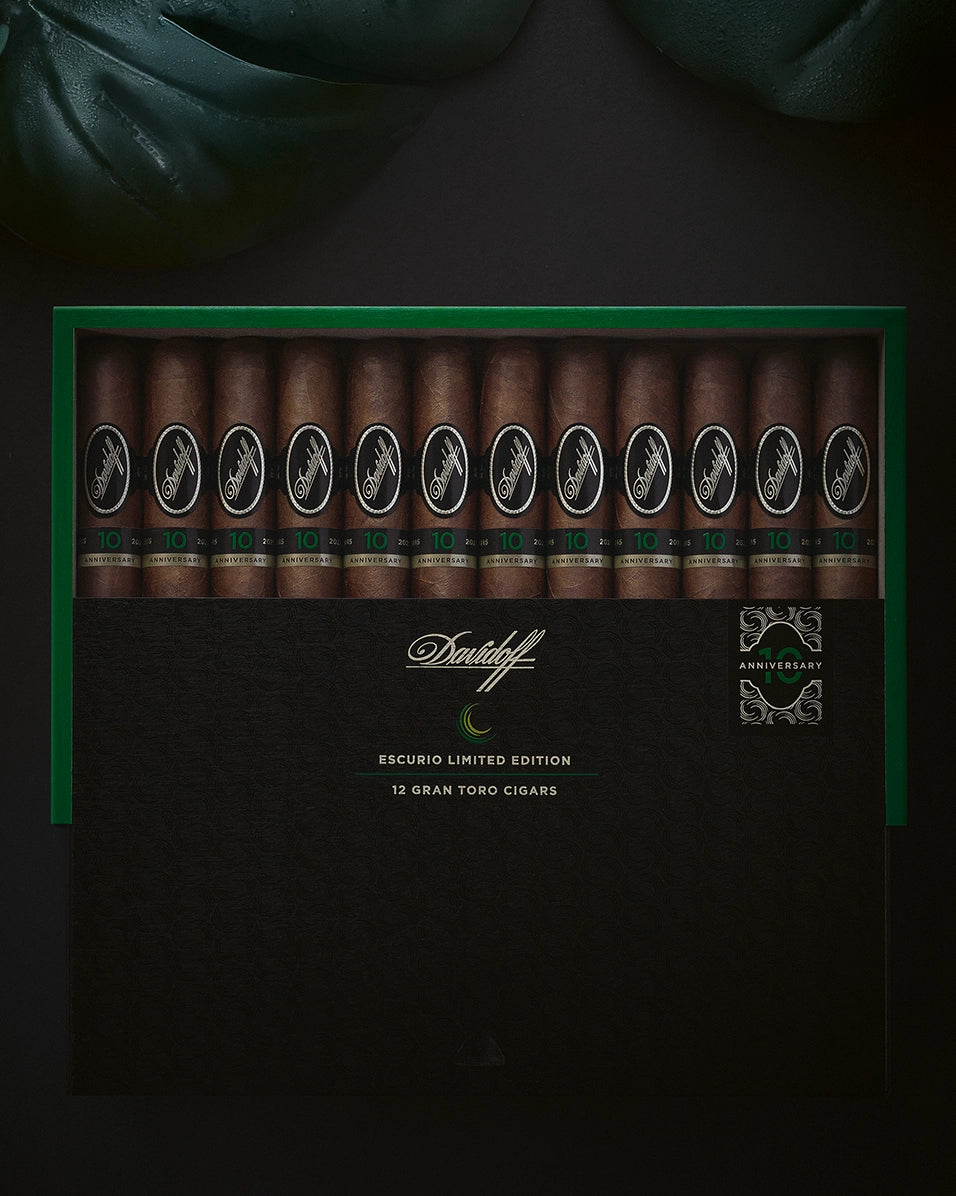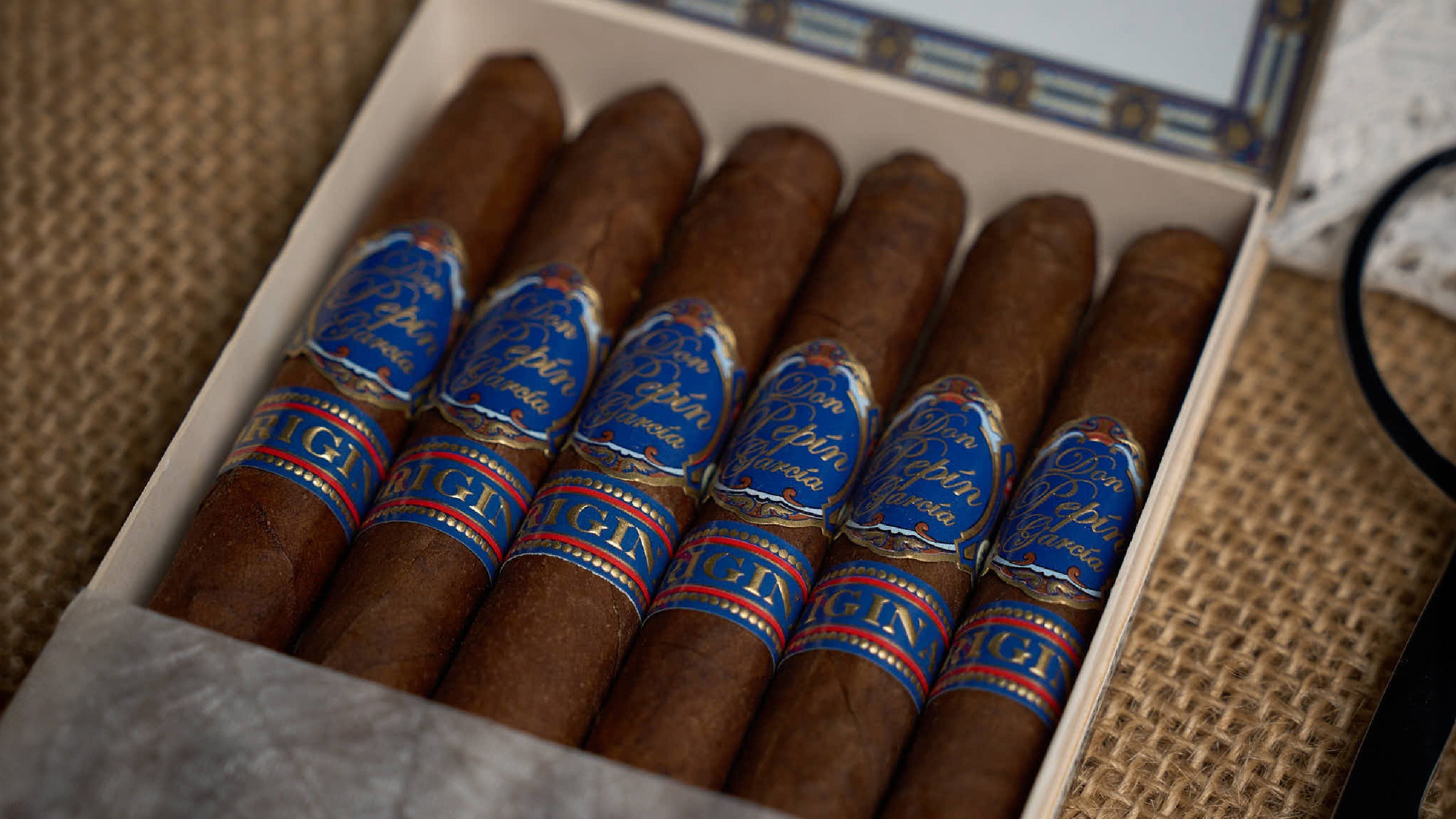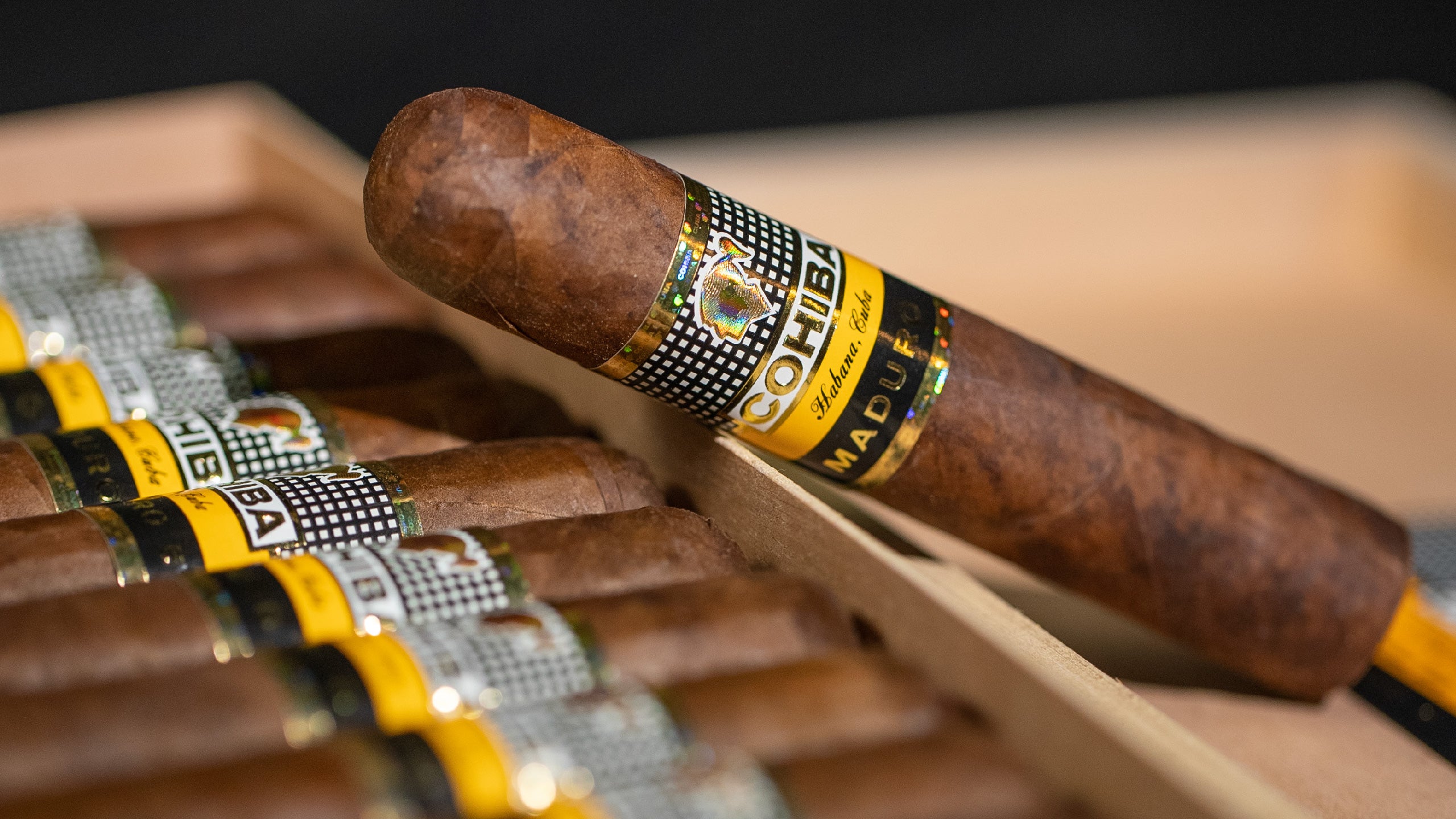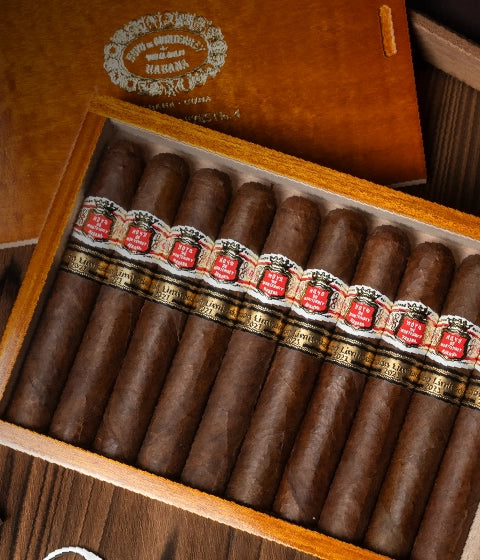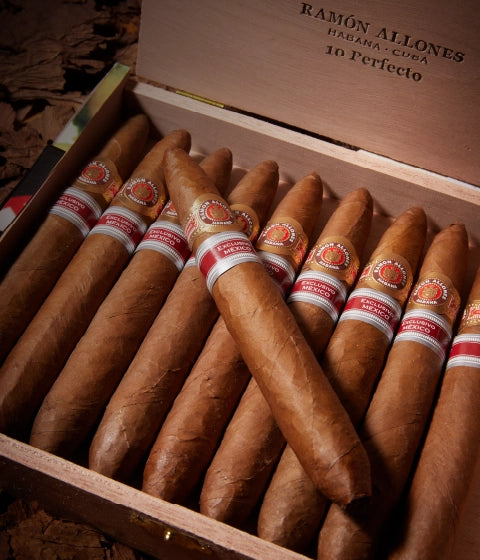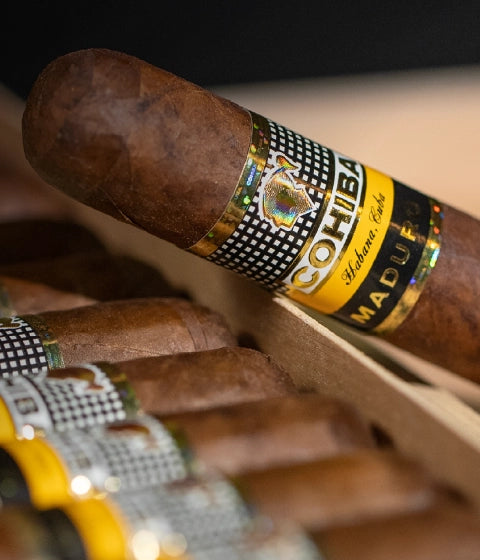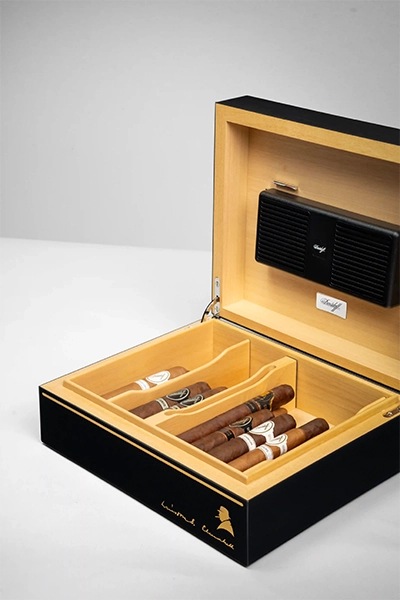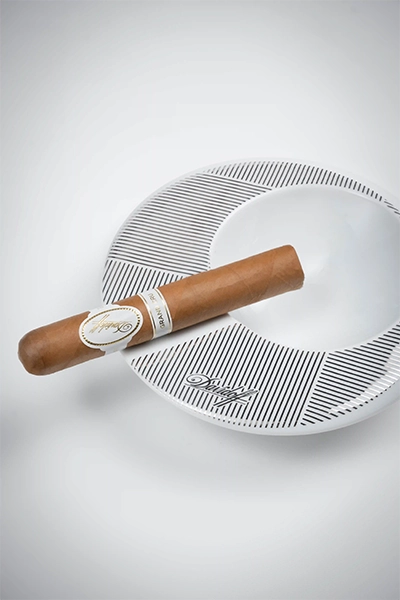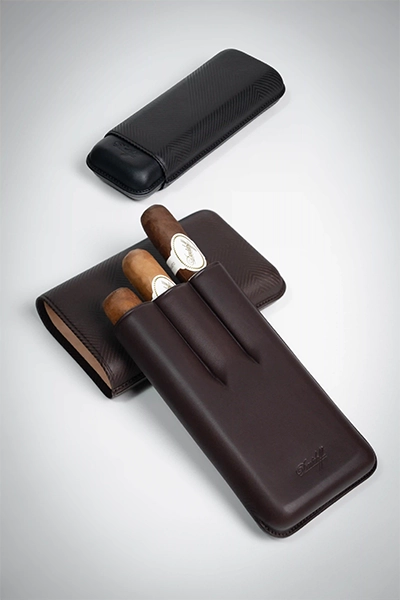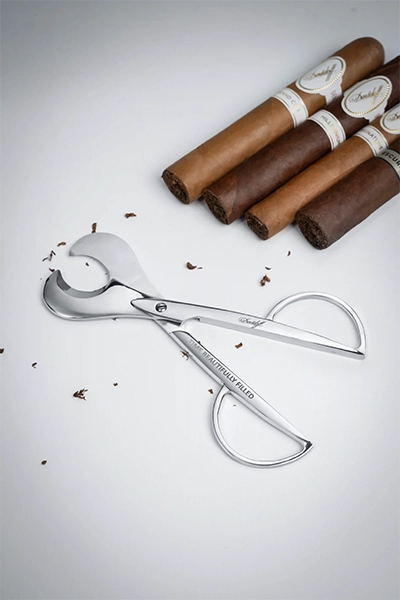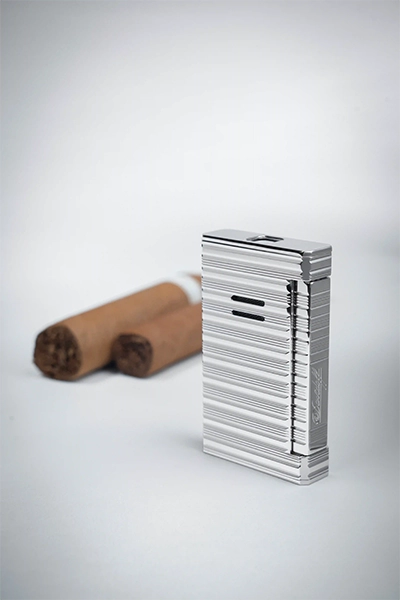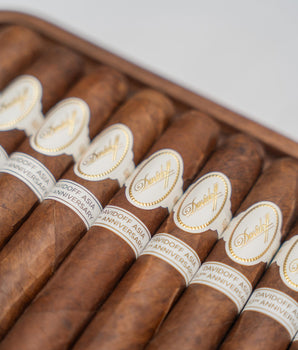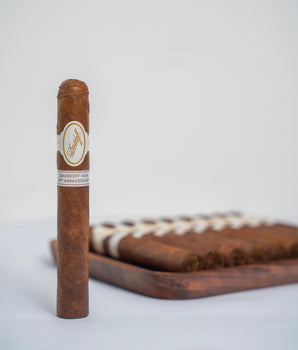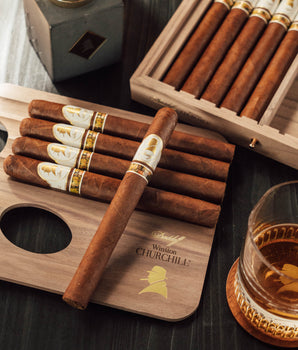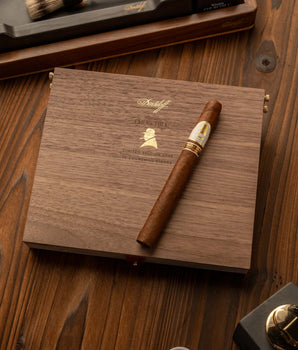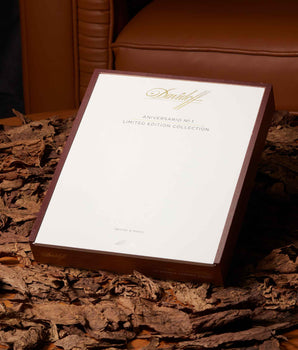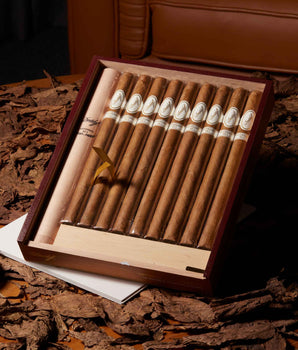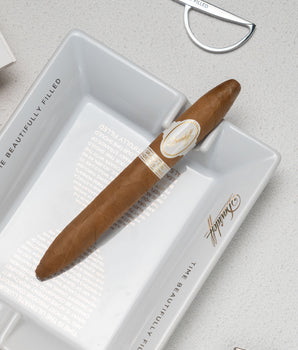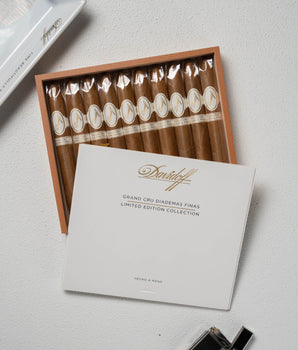Cigar enthusiasts will go to great lengths to protect the hand-rolled treasures they spend hours, weeks and years selecting and collecting with the anticipation of that one special occasion in which they will finally get to indulge in a cherished blend. The importance of a dedicated cigar storage system cannot be overstated when we are talking about protecting an artisanal, handcrafted investment, whether you hang onto your cigars for 20 minutes or 20 years. A quality humidor is the most obvious and practical means for properly storing and protecting your cigars, but it also can be the most expensive option. Thus, the two-part question often asked is, ‘does the price of a quality humidor (usually, several hundreds to thousands of dollars) extend the life of a cigar, and does it merit the significant cost?’ The answer is dependent on several factors, all of which can determine the longevity, and quality, associated with a cigar’s lifespan.

Cigars are made from naturally grown plant products. The lifespan of a cigar is influenced by atmospheric conditions. Stored in an environment that is too dry, cigars will eventually lose moisture and become brittle. In an environment that is too damp, cigars will take on additional moisture and become oversaturated. Either scenario will be detrimental to the cigar’s shelf life, as well as to its viability for smoking. Think of overly dry or damp cigars as you would firewood kindling … the first will burn too quickly, while the second will burn too slowly … and neither cigar will maintain its best qualities for texture, flavour, and aroma. A humidor mitigates these concerns by providing optimal conditions for your cigars to be stored in, and subsequently aged.

A cigar’s lifespan in a humidor should extend for many years provided the internal airflow and humidity levels are properly maintained. Personal preference can dictate the ideal humidity level in your humidor, but consider a range of 65%-72% as an acceptable standard. Additionally, suitable spacing between cigars is vital (irrespective of humidor capacity) to enhance circulation, keeping the tobacco fresh, sufficiently moist, and aerated. Rotating your cigars on at least a semi-regular basis is encouraged. If the same cigars are always the closest to your reservoir, or humidification source, it is likely they will absorb a disproportionate amount of moisture over time. Move the cigars from the top row to the bottom and vice versa every month, or every couple of weeks.

Humidors vary greatly in price due to factors such as build quality, aesthetics and size. Regardless of how big, elaborate, or expensive your humidor is, the key in its function is your maintenance. In most cases, you want to use only distilled water to avoid any potential for mould or bacteria. You want to make sure you are replenishing the reservoir, or humidification unit, at a regular interval. And, most importantly, you want to be sure you are accurately measuring the conditions in your humidor (preferably with a digital hygrometer) to be sure you are maintaining an ideal humidity level at an acceptable temperature. Pay close attention to your cigars. They will tell you what you need to know most of the time. Cigars should express a firmness that offers a bit of give, but does not crack or crackle from the application of just a touch of pressure between your fingers. Unwanted crackling and cracking of a wrapper leaf indicates dryness. By the same token, your cigars should not be overly spongy, where you can squeeze one like a toothpaste tube without any interruption to the shape. A cigar that is overly humidified will not burn evenly, or taste right. Cigars kept in your humidor should reflect a consistency similar to the state you would expect them to be in from a trusted retail shop. Keep in mind, not all cigars will express the same density, however, an attentive cigar lover is the greatest common denominator to ensure your collection lasts for eons.
Cigars can last for many years in a humidor that is properly maintained. But is that really all to consider? The short answer: No. Longevity does not necessarily always correlate with the greatest or most ideal amount flavour and indulgence one can experience from a cigar. Similar to fine wines, fine cigars will grow better with age, but eventually they will reach a peak for potency of taste and aroma. Once a cigar’s peak has been reached, its characteristics will begin to decline (even in the balanced environment a humidor provides) and it will yield diminishing flavour and aroma as time passes. Therefore, “younger” tobaccos, or cigars, have the potential for more enrichment over a longer period of time in a humidor, while cigars that have already been aged for several years before they are sold may not have as much to gain from an extended period of ageing in your humidor.

How long cigars will last and retain their vitality in a humidor is also dependent on a cigar’s makeup and how much attention, care and selectivity the cigar-maker exercised in creating the blend. We recommend experimenting a bit. When you already know you are fond of a particular blend, buy a handful. Smoke one on your way out the door of your local retail smoke shop, and smoke another after 6 days, 6 weeks, 6 months, or even 6 years in your humidor and take note of the difference. The key is that you are tasting the flavour profile you believe best suits your palate and indulges your senses the most. Maintaining your cigars in a well-made humidor is the best way to guarantee your investment in cigars is protected. Fine, handcrafted cigars are premium, artisanal creations that deserve an optimal home until you are ready to light one up, whether it is 10 days or 10 years from now.

